Meet The Nightlife Impresario Whose Venues Are Heating Up New Orleans Ahead Of Mardi Gras
Since opening NOLA’s O.G. dance club 25 years ago, former car rally champ Billy Blatty has gone on to create world-class dining concepts.
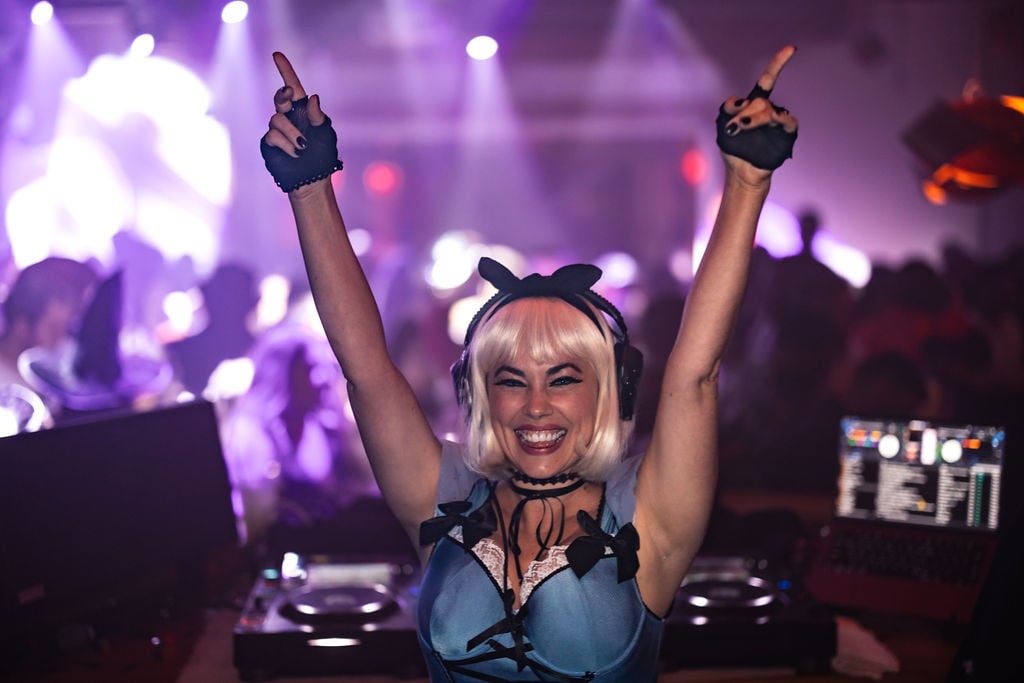
Anyone familiar with the stylish dining and nightlife scene in New Orleans is familiar with the name Billy Blatty. The longtime NOLA resident opened Ampersand, NOLA’s first true dance-music nightclub with style 25 years ago, bucking the trend of college bars and cheap dives. He has launched several other brands and businesses, including the iconic Barcadia, over the years, and currently operates four exceptional venues in the Crescent City, with more to come, while an upcoming merger with a blue-chip hospitality company based in Denver will soon see him wield national influence.
Blatty’s current NOLA venues include Sofia, a super-stylish Italian eatery; Mr. Oso, a fun Latin American concept focused on “tacos, ceviche and smoke”; Ohm Lounge, a sophisticated Asian-themed nightclub; and Nagomi, New Orleans’ first omakase-only sushi bar. All also feature killer cocktails. Next up are Bohemia, a Tulum-inspired “culinary park”; A5, a high-end Japanese steakhouse with a focus on Wagyu beef; and a yet-to-be-named rooftop day club, lounge and pool at the Crescent and Park Hotel, slated to open in the Bywater next year.
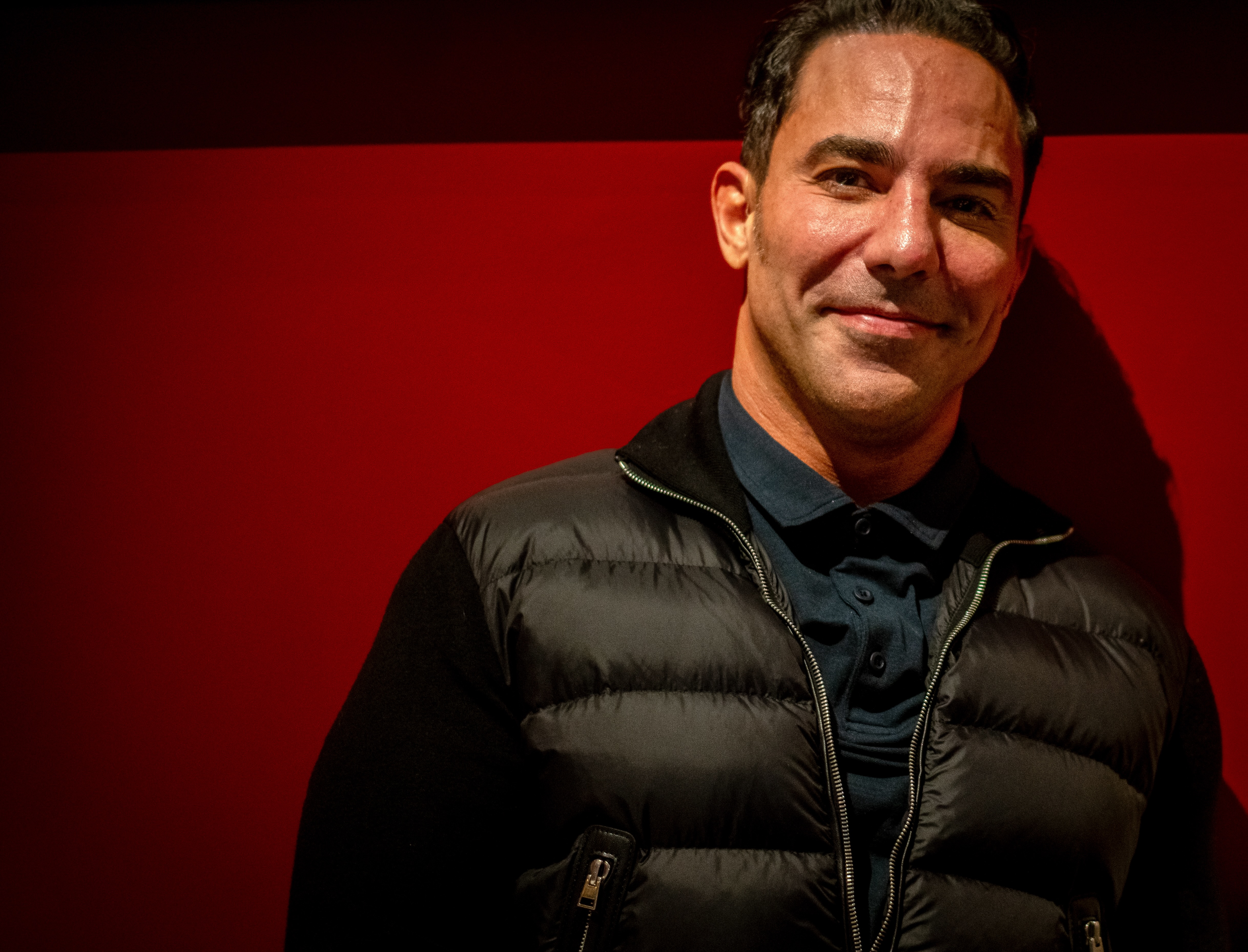
Bohemia and A5 will be the first openings under Blatty’s new merger, and are set to take New Orleans dining to a whole new level of sexy style. And Sofia and Bohemia will be the first to go national when the new merger gets underway, taking Blatty’s brand to a wider audience in a move that could eventually see his concepts developed worldwide.
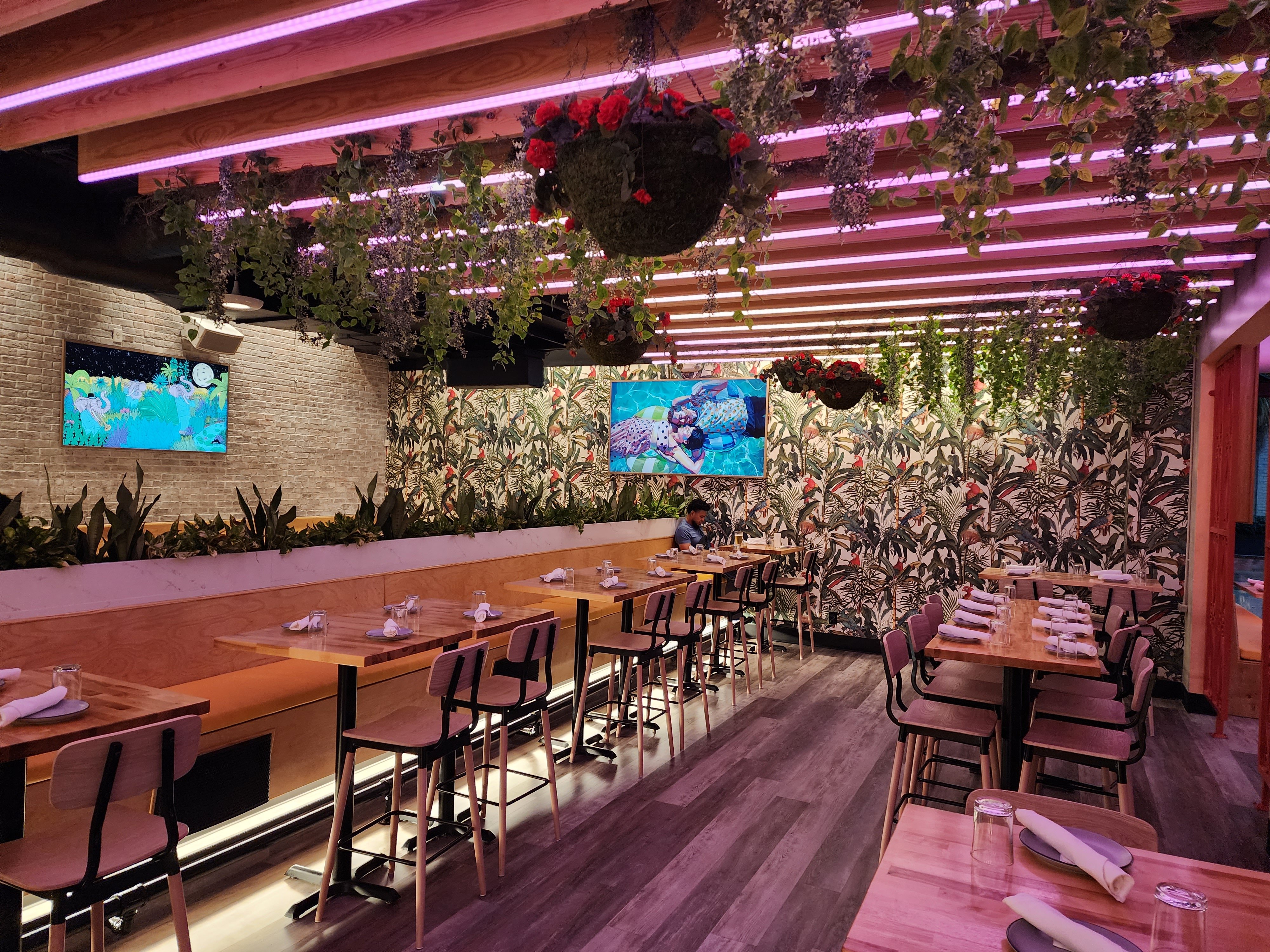
An alumni of Tulane University, Blatty graduated Cum Laude with a degree in psychology and pre-med. He was also a member of Tulane’s Division I undefeated football team in 1998. He still enjoys a challenge and has climbed Denali, the third highest mountain of the world’s Seven Summits, in Alaska.
Blatty has also raced in some major car rallies, and in 2013 and 2014, he won the famed Bullrun Rally and placed second in the same event in 2012, making him the event’s all-time top champion.
We spoke to the busy entrepreneur ahead of Mardi Gras (Feb. 13) about the NOLA-based hospitality empire he’s been building for nearly a quarter of a century.

What makes New Orleans magical to your way of thinking?
The city is a conscious being in my opinion; she has a personality, she has emotions. she’s authentic. Resilient. Dark. Mysterious. Seductive. Full of life and juxtaposition. Sin, rejoice, repent, die, celebrate—usually in that order. An ancient madame of sorts. She either embraces you or turns her back on you. That’s another thing, New Orleans is very binary—she either accepts you or rejects you. I also hear this from tourists that have visited the city, they either love it or they hate it. I use people’s feelings about NOLA as a litmus test to decide if I want to know them better. It’s a remarkably reliable and effective filter.
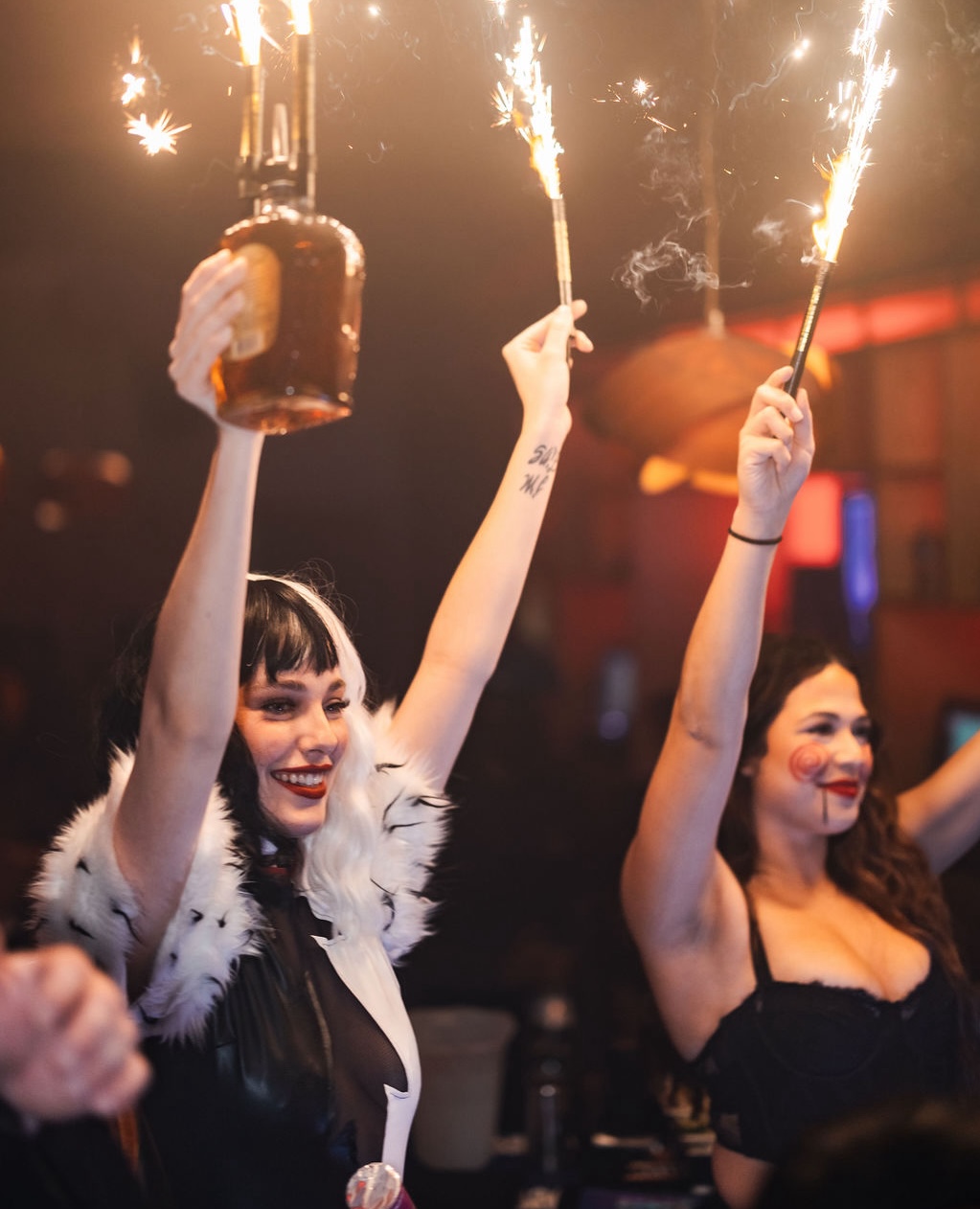
What was your first bar/restaurant concept in New Orleans? What was your first nightclub? And how did those concepts evolve over the years?
Before diving into the realm of nightclubs, I had a recurring pop-up semi-annual event called “Fat Black Pussy Cat.” It was a wild concoction of a costume party, house party, rave, glam extravaganza, and performance art all rolled into one. It was during these events that I sharpened my future skills as a nightclub owner. While managing Whiskey Blue at the W Hotel’s original location on Poydras Street, I continued hosting these eclectic gatherings offsite. Then, destiny knocked on my door in the form of a gentleman proposing a position—which I negotiated into a partnership—in an upcoming nightclub which soon became “Ampersand.” Fast forward five months, and Ampersand became entirely mine, complete with all its pre-success conundrums for me to untangle.
Ampersand nearly spelled the end of my journey in hospitality. It’s ironic how many major success stories seem to teeter on the brink of catastrophic failure just before soaring to new heights…. Ampersand was no exception. It was four months behind on rent (along with my mortgage) immediately prior to its transformation into a haven of dance music, truly ahead of its time, and thrived for 14 years before I made the decision to close it. It was graced by the likes of Tiesto, Carl Cox, Skrillex, Kaskade, Aoki, and Deadmau5 to name a few, all performing in the intimate boutique 400-person club on a regular basis. Ampersand even ventured into touring concerts with Disco Donnie, hitting markets all across the nation.
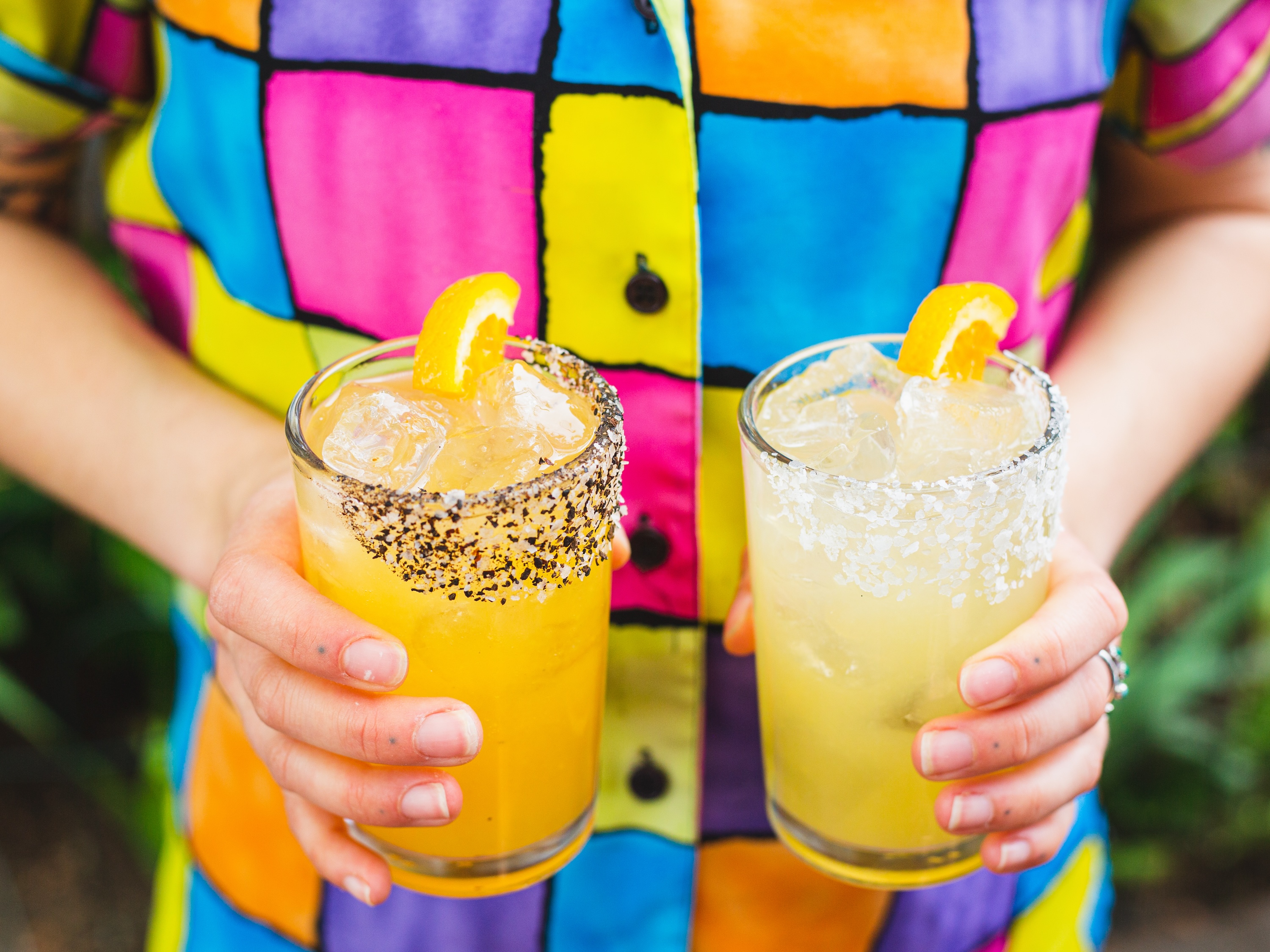
What is the philosophy behind your bars and restaurants? What makes them stand out?
The most important element behind any of it is to exude a genuine sense of hospitality to your patrons, and to do that, you have to hire people with high degrees of emotional intelligence and empathy quotients. You can train anybody to do just about anything in a bar or restaurant, but teaching someone to care, and to read their guests’ needs, requires a strong genetic / personality component. That being said, my philosophies have evolved over time with the maturity that comes with it, but the other self-flattering constants remain creativity, vision, and creating an aesthetic and experience that transport people to a happier place.
I tend to favor including nostalgic threads for this reason. Vision, brand creation, and design have been strengths of mine, but perhaps the most crucial strength is recognizing my weaknesses… and seeking out like or better-minded individuals who are more suitably equipped to not only paper over those weaknesses, but to flip them into strengths. My upcoming merger with Denver-based hospitality company The Culinary Creative Group [more below] is a testament to this philosophy.
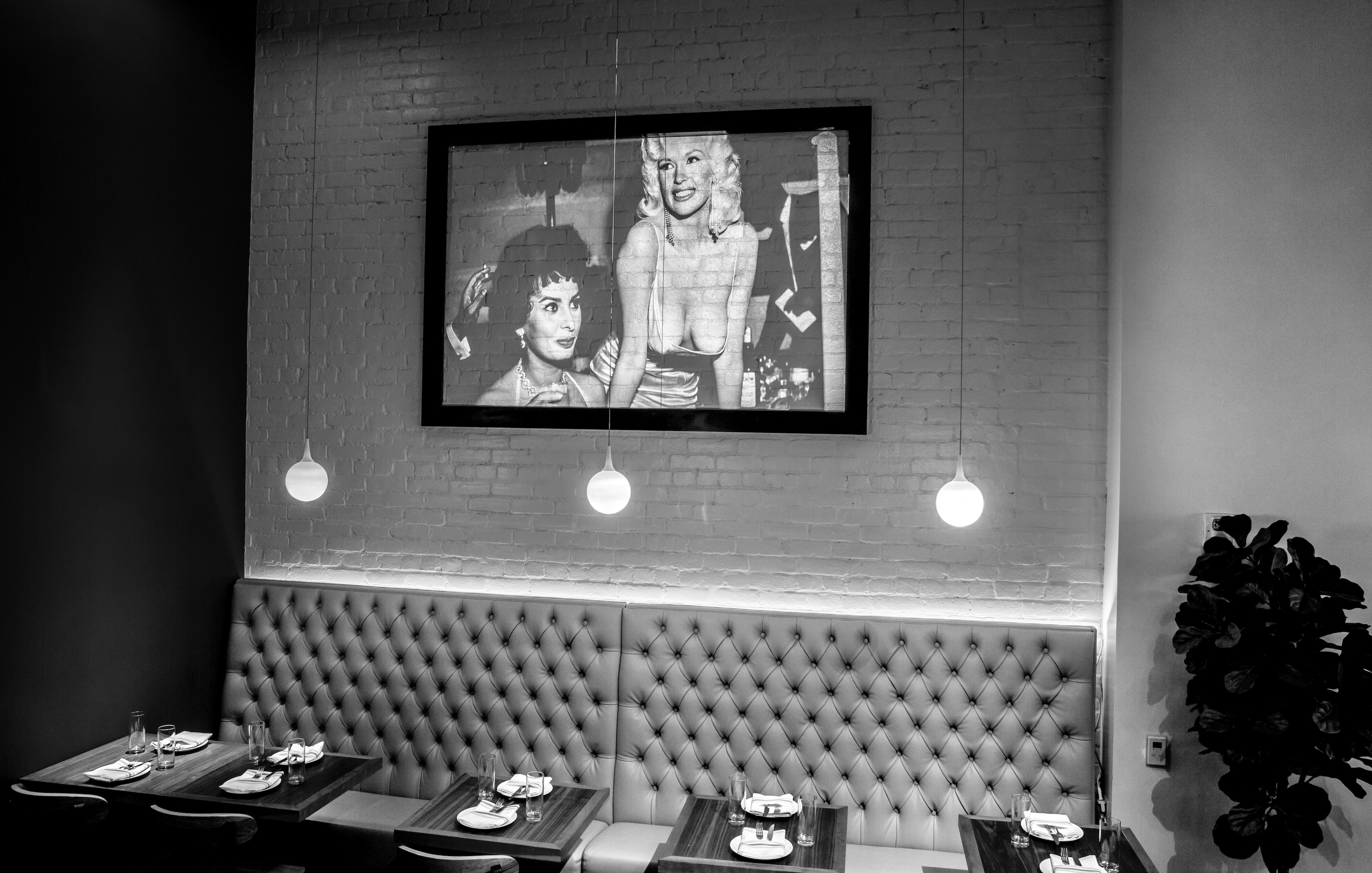
What is the connection between Sofia and Sophia Loren, and what inspired it?
The connection is that my parents and she were friends. There’s a “National Enquirer” photo insinuating Carlo Ponti (Sophia’s husband) was having an affair with my mother. My father [author and screenwriter William Peter Blatty] was in talks with Sophia about her playing the part of his mother in an adaptation of his novel “I’ll Tell Them I Remember You”. My father and mother had lunch with Sophia in Paris when Carlo Ponti joined in late. Sophia then ran across the street to her flat at the Hotel George V to receive my parents for cocktails. She went back first and then when my father and Carlo escorted my mother, the Enquirer snapped a photo and cut out my dad leaving my mom and Carlo locking arms.
My father played her movies often, so I felt like I knew of her quite well. And when I was thinking about how to brand and design my new Italian concept, I thought to myself, “What’s the most beautiful thing I know that’s Italian?” It was a no-brainer, Michaelangelo’s works didn’t stand a chance.
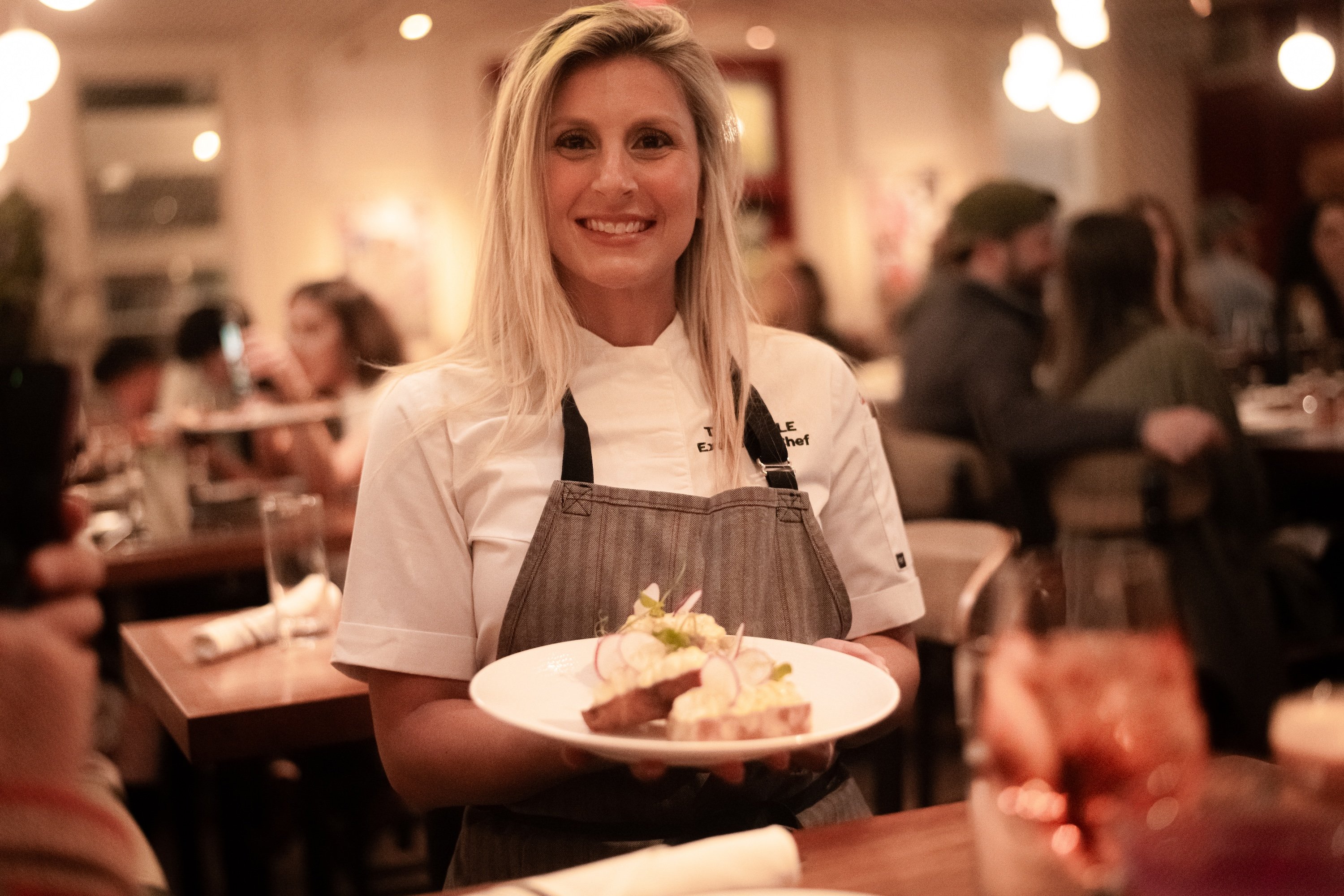
What do you look for in a chef when opening a new venue?
I have a simple litmus test for chefs: Are they cooking to feed their egos or to please their guests? If it’s the latter, we’re on the right track. Then, I leave the nitty-gritty hiring details to my operations guru. But, let’s be honest, I’m a foodie, so I always start with a tasting. I eat with my eyes first, and if the plating speaks to me, I let my mouth do the talking.
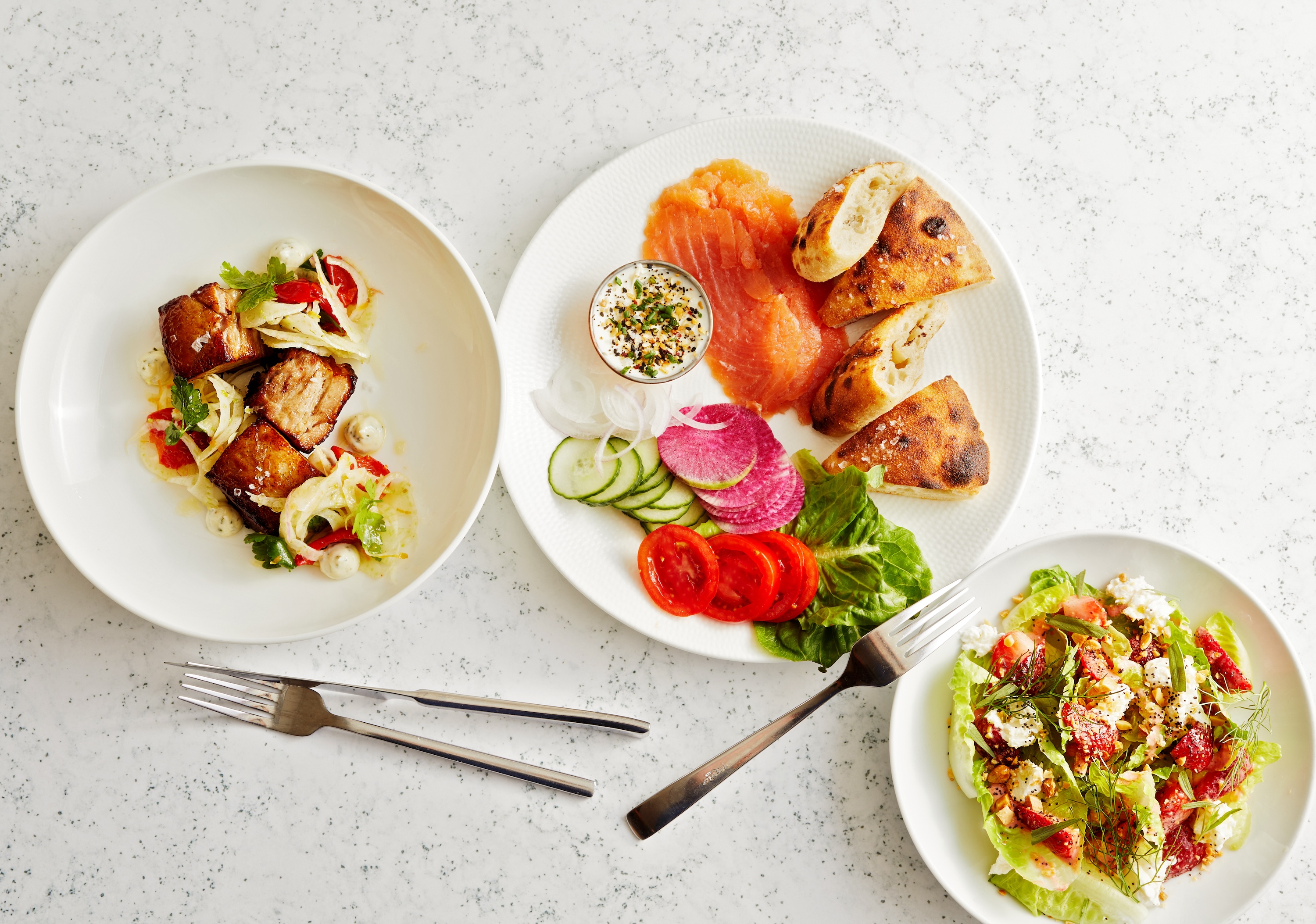
What are your most important criteria for food and drink?
Here’s another eye-rolling answer for you: Does it look good? Does it taste good? Is it a creative and unique offering compared to what’s already out there? I’m a firm believer in the quality of ingredients and the love and labor that go into preparing a dish. Every plate leaving the kitchen should feel like I’m serving a guest in my own home, and seeing that guest leave with a smile is the ultimate goal. It’s cliche, but its true. The culinary talent, in tandem with servers, are responsible for translating this essence of hospitality from the kitchen to the guest
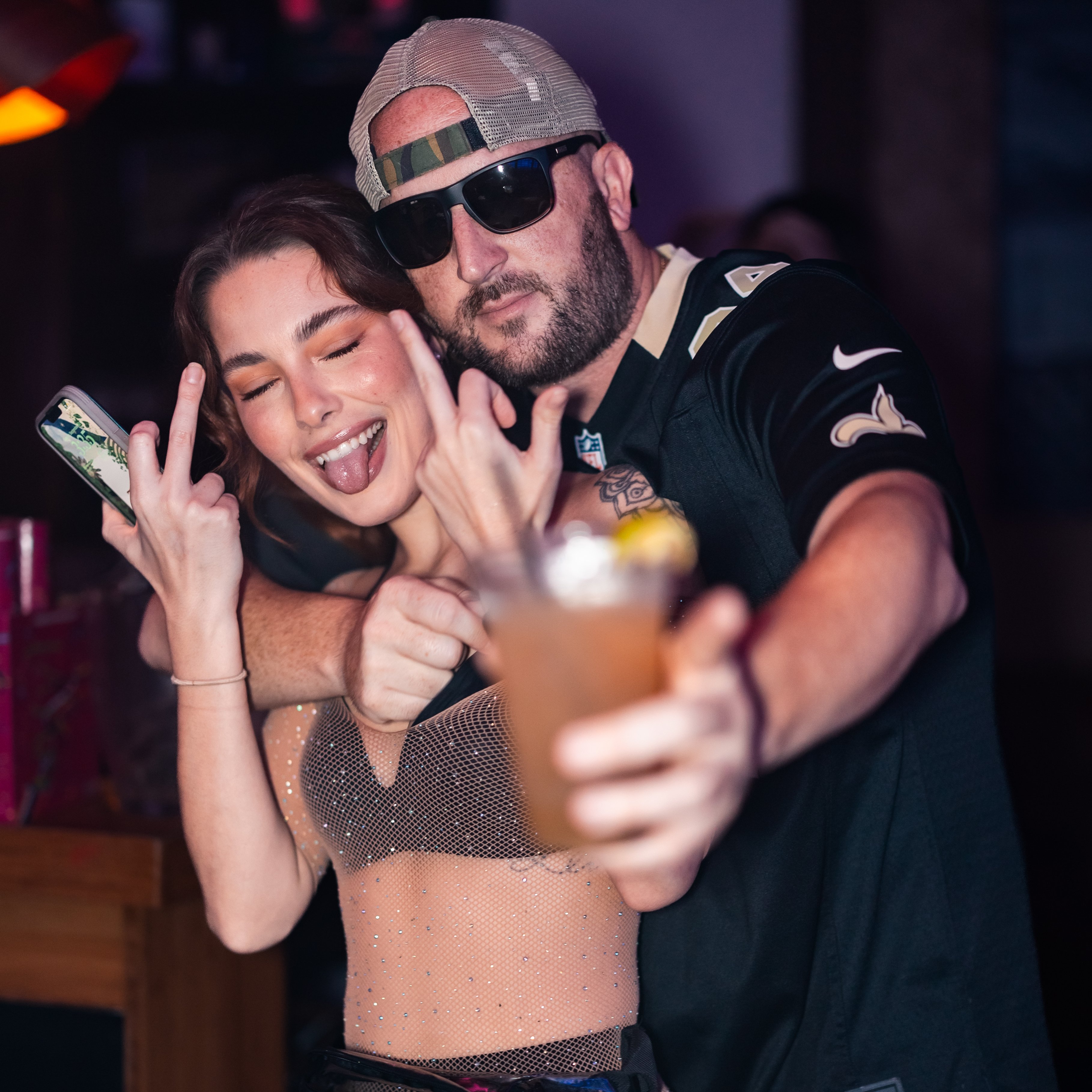
How would you describe your clientele? What draws people to visit your venues and become regulars?
My clientele typically social people who prefer human interaction and energy. They appreciate a good drink with a good meal, and are keenly aware of the value they receive. This eclectic mix spans various age groups and socio-economic statuses. To attract regular patrons, a business must exude a genuine sense of hospitality. There are plenty of places that give good service, but genuine hospitality is a rarer gem. Pick one, great service or great hospitality—the latter wins 10 out of 10 times in my opinion—it’s the gold standard.
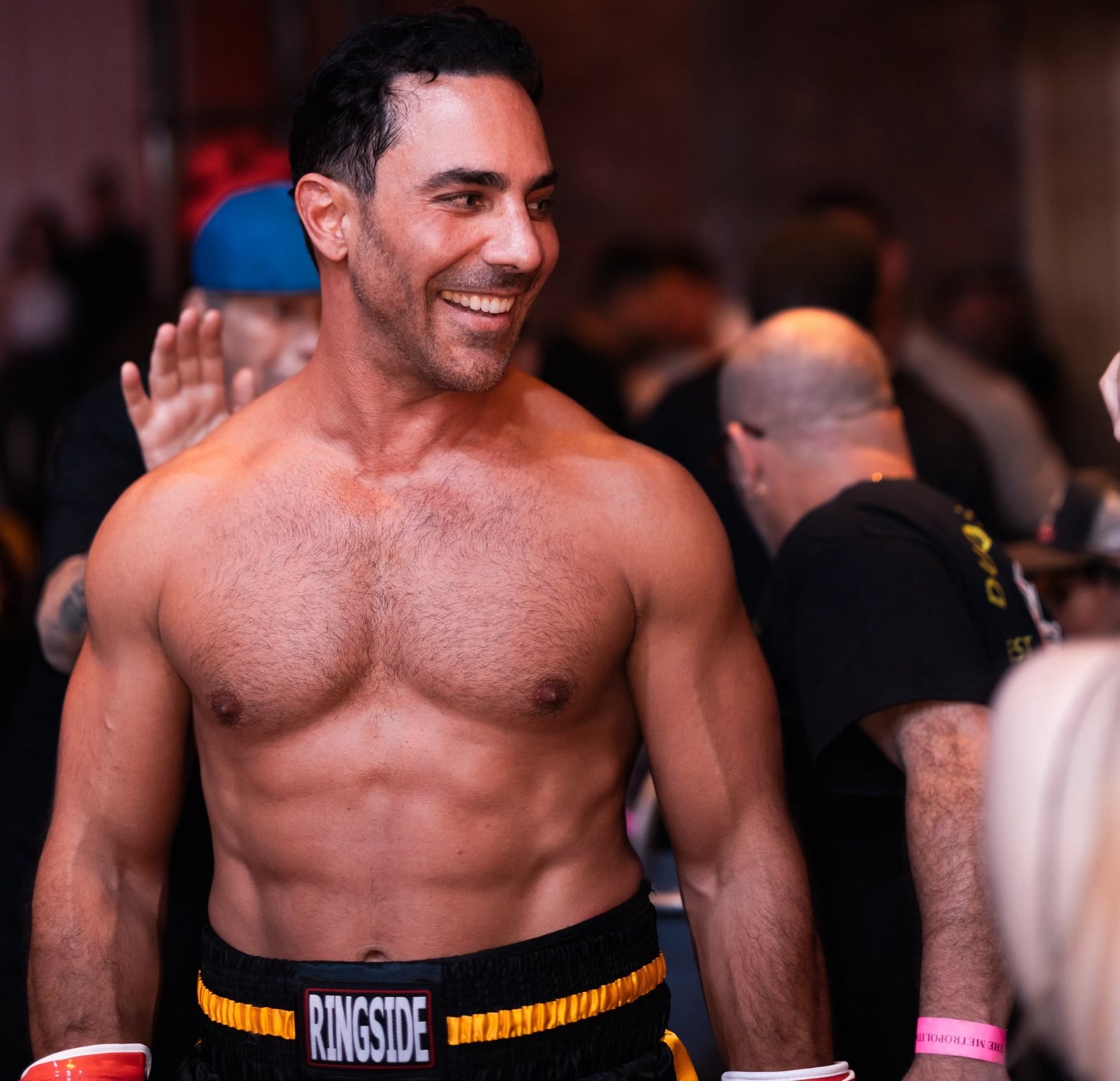
Tell us about winning the Bullrun Rally. What was the route, and what were you driving?
A fitting analogy for the Bullrun Rally would be the classic comedy film “Cannonball Run,” minus the orangutan. The route was never disclosed in advance, and it spanned 3,500 miles over six days, with iconic stops and events each night. Participants received route cards, sometimes one per day, sometimes five, guiding them to the next destination. In 2013, I emerged victorious on the route from Montreal to New Orleans, driving a Mercedes ML 63 AMG with a 6.3-liter engine. I also tied for first place in an SS Camaro that I rented because my friend wrecked my rally car just ten days prior to wheels up—that route was from New York to Scottsdale.
The only rule during Bullrun was that there were no rules, both on and off the road. I must admit that, apart from the ordeal I faced following an arrest in San Jose by the CHP, it was an incredible experience filled with camaraderie, rivalries, ingenuity, scheming, breathtaking scenery, and, of course, adrenaline. Some of my favorite tricks included using a fake police car to slow down the rally, pointing a police radar gun at other drivers, lacing a competitor’s windshield with 500-ish happy face stickers, sending a scantily clad woman to a married competitor’s hotel room at 2:00 am, and creating fake route cards that led drivers 360 miles in the wrong direction.
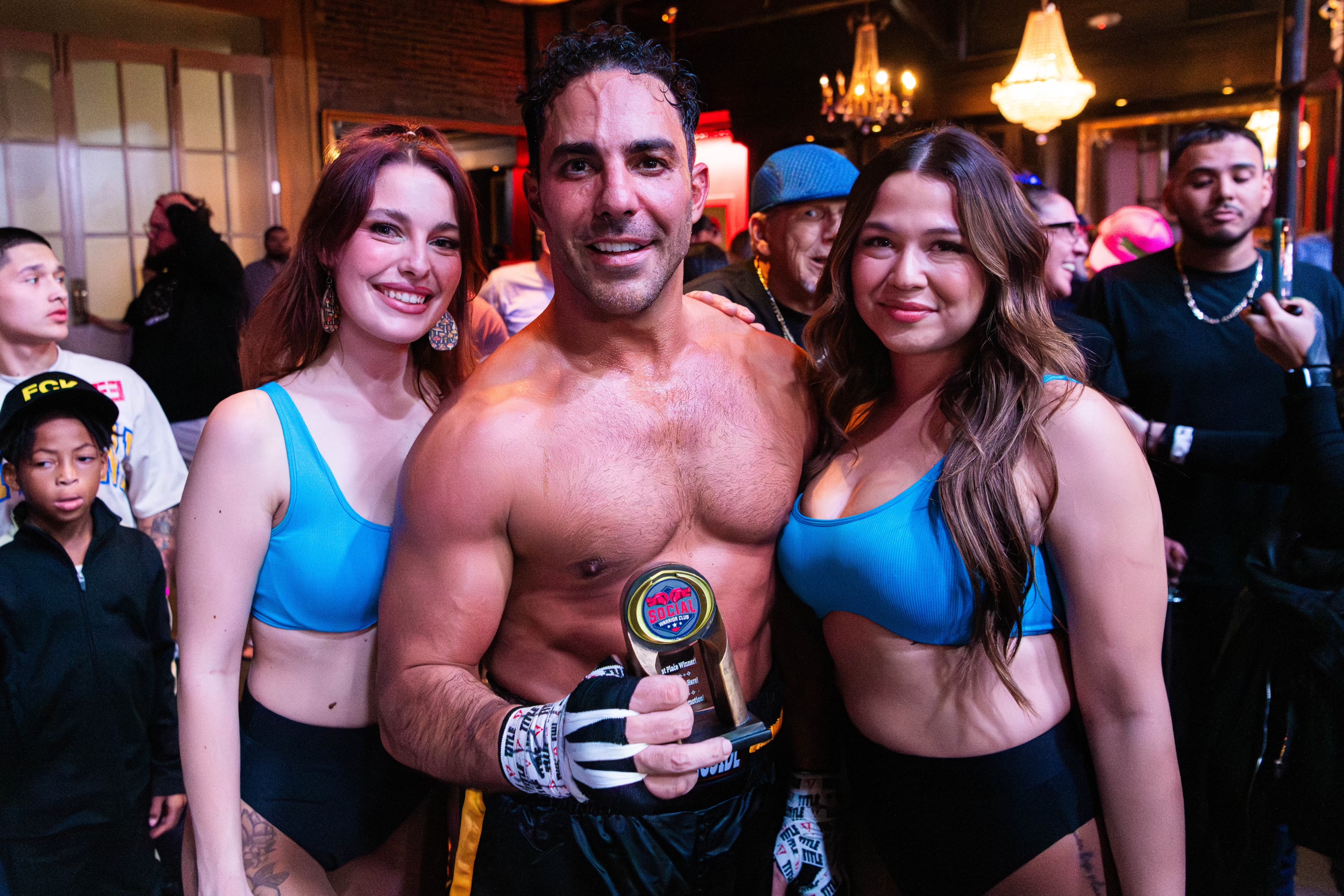
How did you get into MMA? What else do you do to stay athletic?
I’d say it’s just another manifestation of this mid-life crisis that’s been brewing for the past 18 years. It usually involves subjecting myself to some form of physical and mental challenge in an environment of suffering. I had no business dabbling in amateur fighting, but I was dared by someone within my organization, so I had no choice but to say yes.
It presented another opportunity to test my mettle, push my limits, and corner myself with the fear of failure in order to drive the pursuit of experiencing something new, fantastic, and, let’s face it, entirely idiotic. It’s right up there with my sudden desire to become a mountaineer and conquer Denali, participate in an illegal car race across the county, dive with great white sharks in South Africa, participate in the Catalina Ski Race, or earn my hang-gliding pilot’s license.
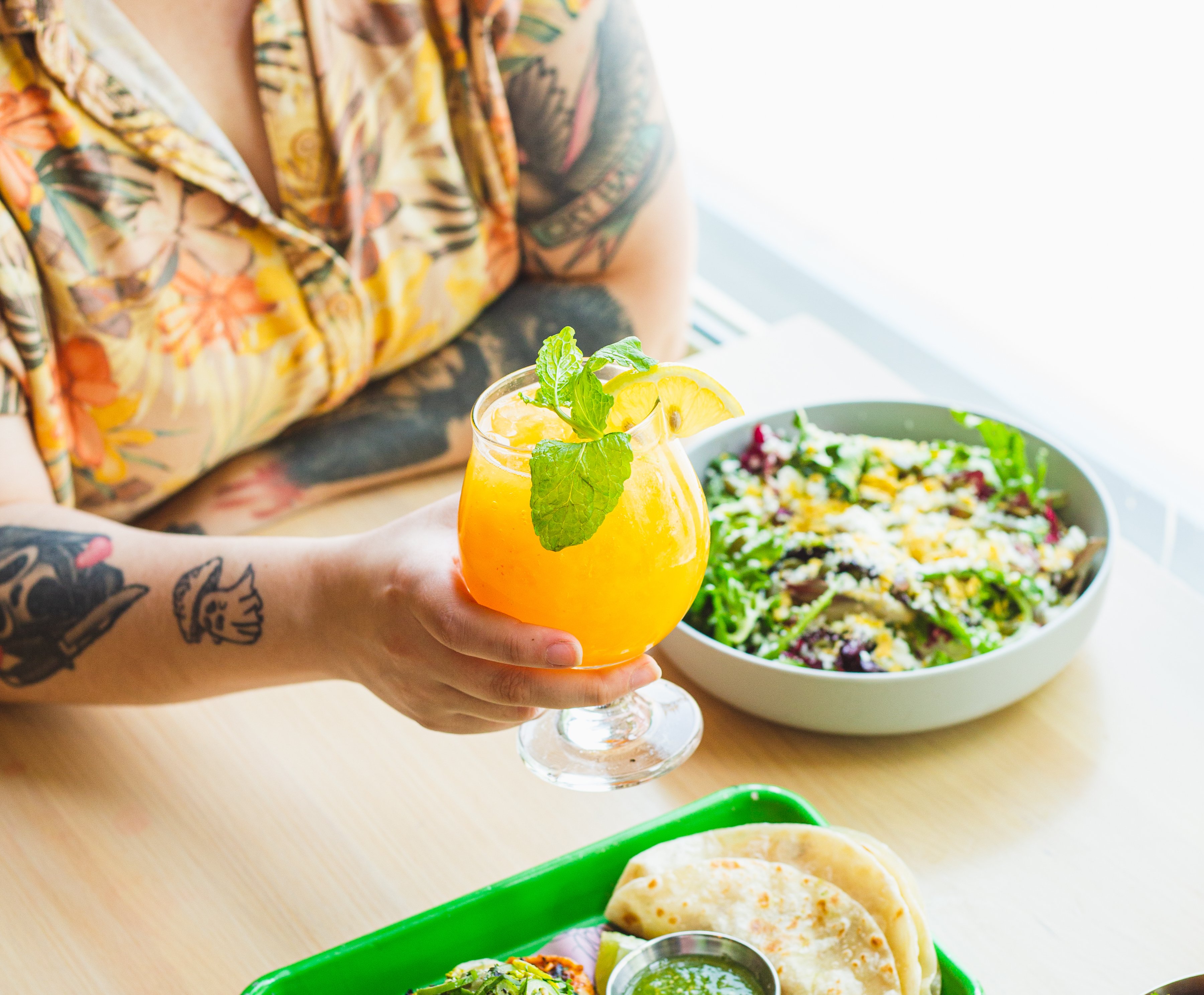
How do you see New Orleans’ hospitality scene evolving in the next few years?
The evolution of the hospitality scene in New Orleans over the next few years is highly dependent on the city’s elected leadership. The upcoming Super Bowl LIX, taking place here just one year away, will undoubtedly generate significant interest. However, what truly matters are the longterm strategies. We believe restaurants and bars are the cultural fabrics of most cities, especially this one. It’s one of the primary engines that drives tourism.
Here’s an idea, why not pay Michelin their fee to come in and rate our city’s establishments? I believe that if the city were to invest in establishments already present by paying Michelin to rate them, it would be a game-changer. New Orleans is the only city in America with its own unique cuisine outside of New American, which isn’t representative of any specific region. What is “New American” cuisine precisely? In NOLA, we are renowned for our food and revelry… our ability to curate a good time.
By supporting the existing operators (and enticing new ones), the trajectory of growth in the industry could reach new heights. In the absence of strong leadership, we’ll continue to do what we do best—persevere with a grimacing smile and drown ourselves in unforgettable experiences, that is until we forget them by next morning.
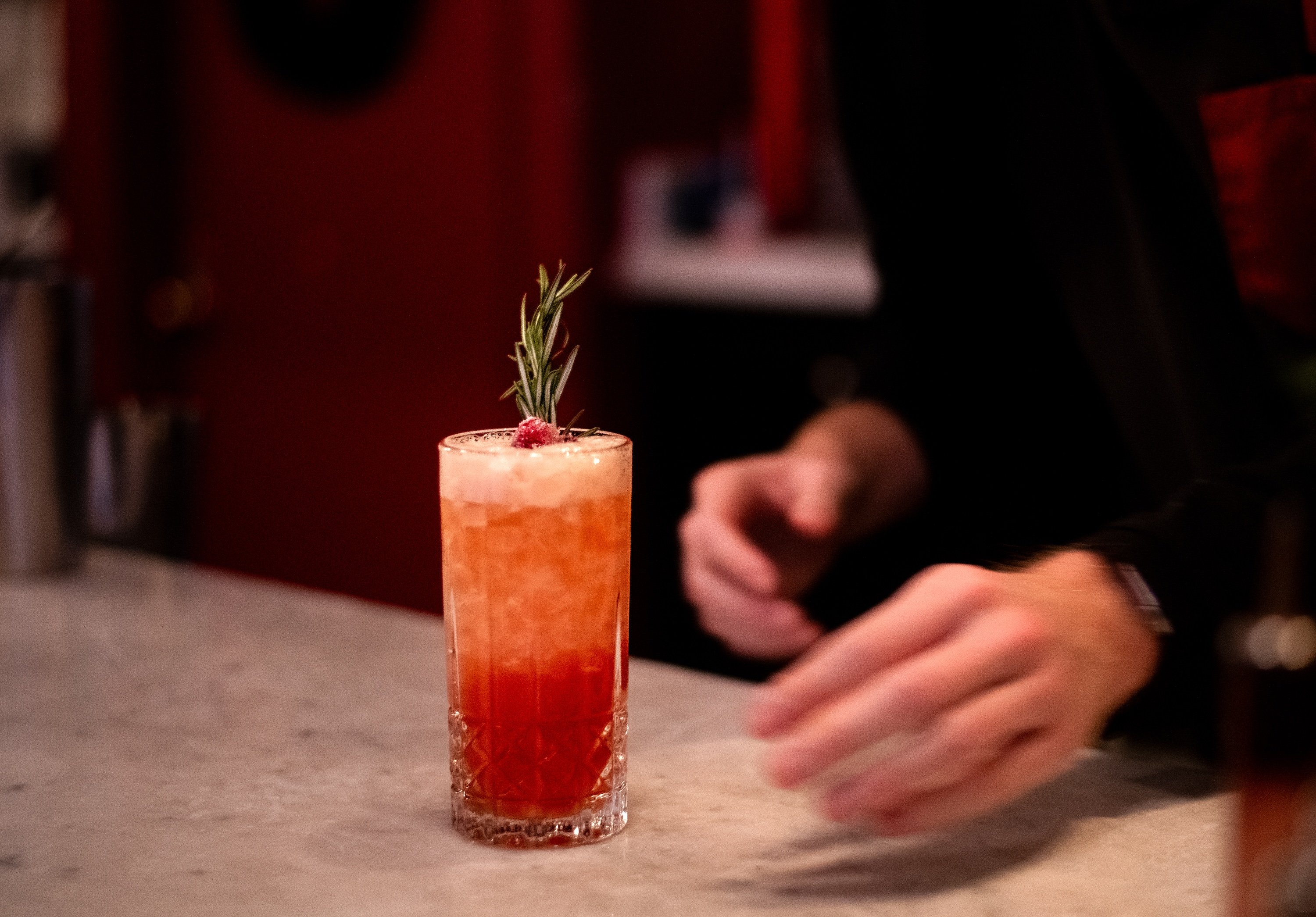
What hospitality trends are you noticing, and what are people most interested in now?
I observe a greater sense of vision in the hospitality scene nowadays, which, ironically, would make my life more challenging if not for my merger with The Culinary Creative Group. More people are traveling and exposing themselves to diverse culinary experiences, and also viewing those experience through the lens of social media. Homegrown operators and newcomers alike are incorporating global influences into the local scene.
People in NOLA seem particularly intrigued by fusion cuisine at the moment, which is logical given the city’s rich and diverse culinary heritage. Many renowned restaurants are venturing off-script, mixing culinary regions that traditionally wouldn’t have coalesced conceptually. In other markets, I’ve witnessed a trend where the inclusion of a show component garners significant attention. Opulent and exuberant displays, such as treating a steak like it’s the Ark of the Covenant, enveloped in smoke from dry ice and dramatically lit from behind, akin to a mystical artifact, are captivating audiences.
Scantily clad circus performances with music that barely allows for conversation also align with this trend. I appreciate the ingenuity of these concepts, as they seem tailored to an era where our attention is often scattered or fixated on our smartphones. Personally however, I lean towards creating an experience where fostering emotional connections among people at the table is a primary objective. To achieve this, all elements—staff, food, and drink—must be in rhythm and impeccable.
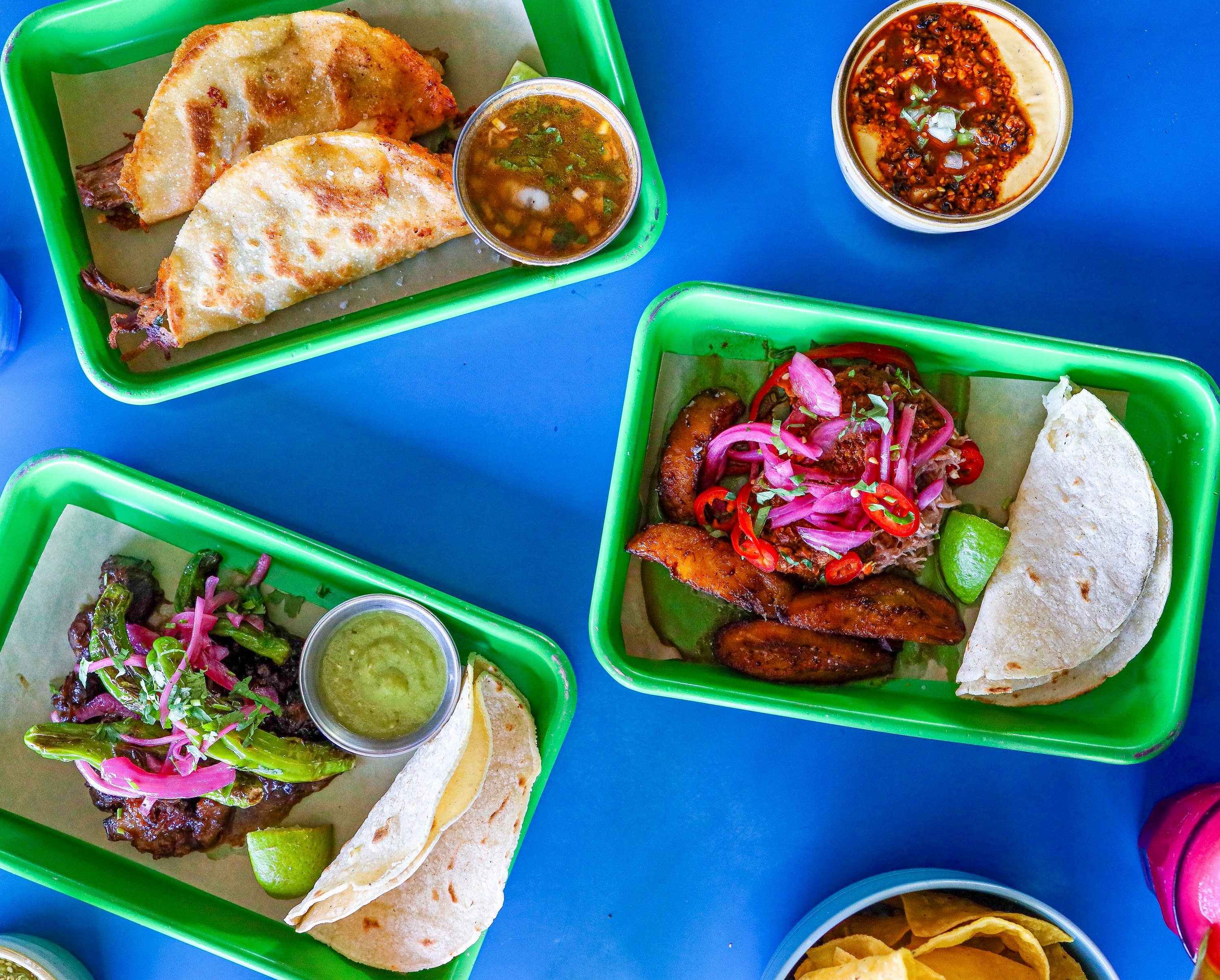
What will your next project be in New Orleans? How do you plan to expand your brand in the future?
I’ve staked my future expansion on my merger with The Culinary Creative Group. The CCG has the infrastructure, creativity, and leadership. Business is as much about numbers and strategy as it is about relationships and trust. CCG’s decision to invest in me and my team underscores their belief in our potential and our shared vision. On my end, I have immense faith in CCG’s trajectory and the direction they’re headed. On their end they trust me to maintain their standard of excellence, expand CCG’s reach, and offer new insight in how to refine what is already fantastic, to become even better.
Our vision is to establish CCG as a top-tier national hospitality brand. In the near term, we’ll be introducing new and unique concepts while also enhancing existing CCG brands in New Orleans, marking CCG’s initial foray outside its home state; as well as taking some of my NOLA brands national, [starting with] the development and management of concepts spanning from Texas to Florida’s Panhandle and extending to Nashville. Collectively, CCG aims to achieve a revenue milestone of over $120 million by mid-2026, and we’re committed to driving our share of that growth. Achieving this revenue scale will unlock a plethora of opportunities for further expansion and profitability.
This interview was edited for length and clarity.
